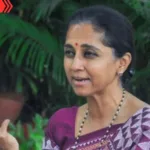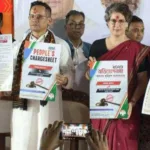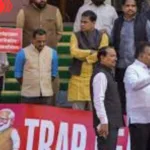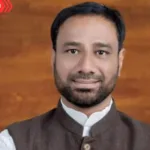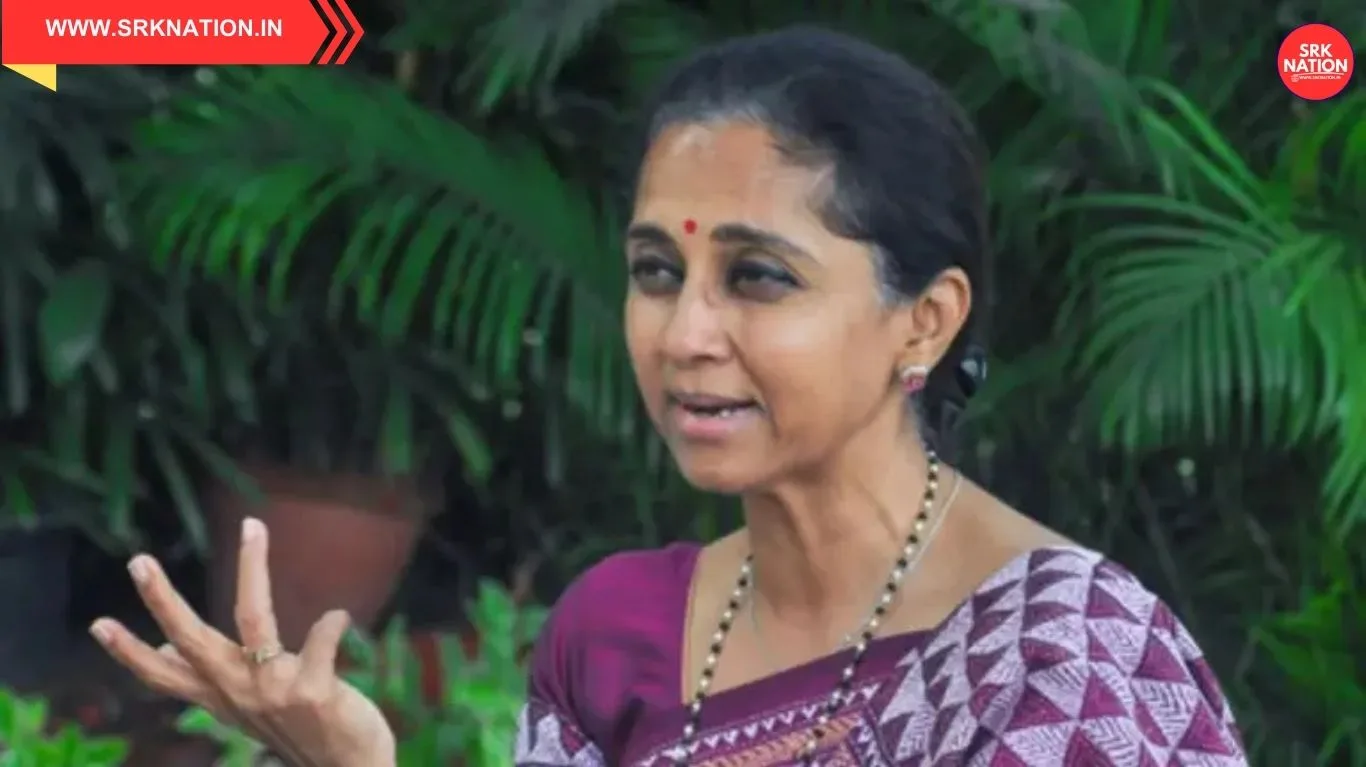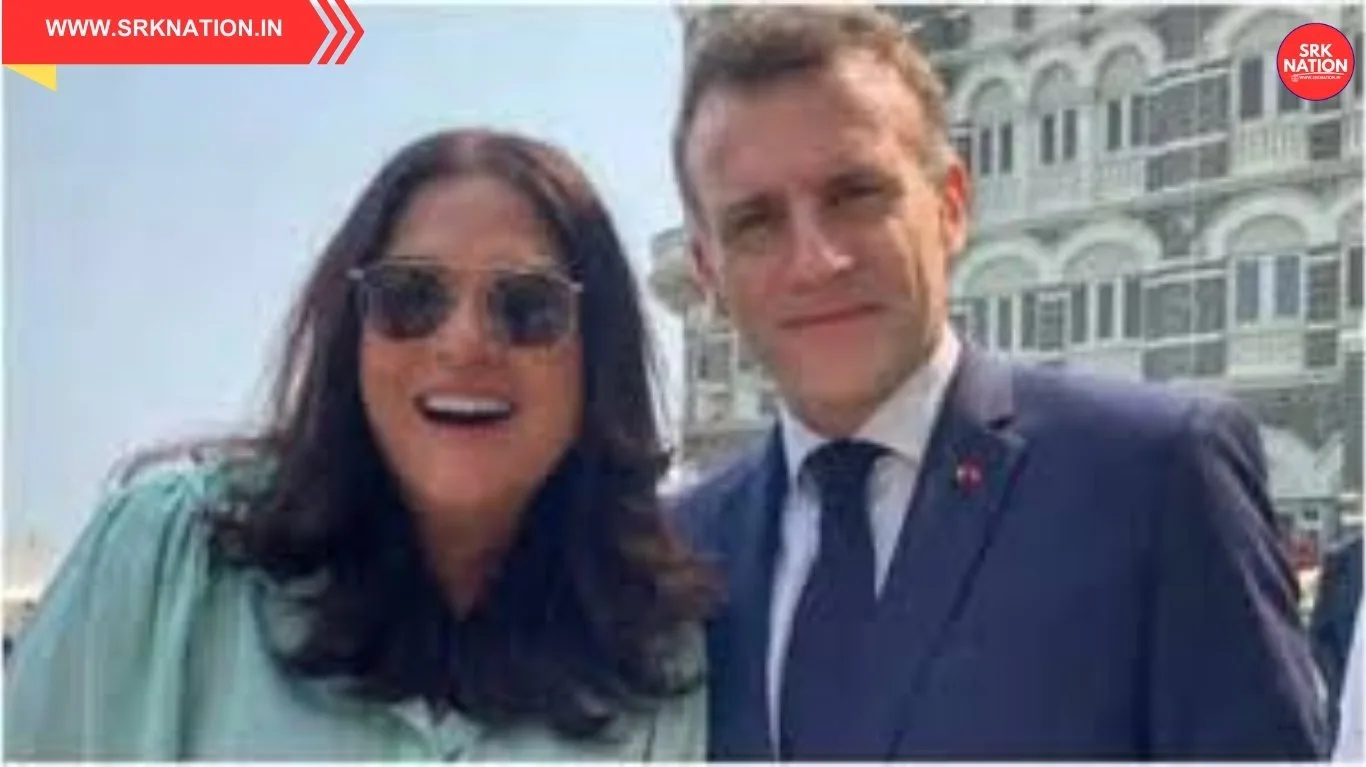AIMIM chief and Hyderabad MP Asaduddin Owaisi has voiced his disappointment over being excluded from the all-party meeting convened by the Centre to discuss the recent Pahalgam terror attack. The attack, which claimed 26 lives, mostly tourists, has sparked nationwide outrage and prompted the government to hold discussions with political leaders.
Owaisi, who represents the All India Majlis-e-Ittehadul Muslimeen (AIMIM), criticized the decision to limit participation to parties with a minimum of five Members of Parliament. Taking to social media, he remarked, “This is not a BJP or any single party’s internal meeting. It is a national issue, and every party, regardless of its size, deserves to be heard. Everyone must be included.”
The Hyderabad MP revealed that he had spoken to Union Minister of Parliamentary Affairs Kiren Rijiju, who reportedly justified the exclusion of smaller parties by stating that the meeting would otherwise become “too long.” Owaisi, however, dismissed this reasoning, emphasizing that all elected representatives, regardless of their parliamentary strength, have a right to voice their concerns on critical national issues.
Owaisi’s remarks have reignited debates about inclusivity in political decision-making, particularly during times of national crisis. While the Centre has defended its approach, critics argue that excluding smaller parties undermines the spirit of unity and collective responsibility.
The all-party meeting, chaired by Defence Minister Rajnath Singh and attended by Home Minister Amit Shah, aims to address the aftermath of the Pahalgam attack and formulate a united response to terrorism. However, Owaisi’s exclusion has cast a shadow over the proceedings, with many questioning the criteria for participation.
As the nation grapples with the tragedy, the call for inclusive representation in such critical discussions continues to gain momentum.
Stay tuned for more updates on national politics and current affairs.


